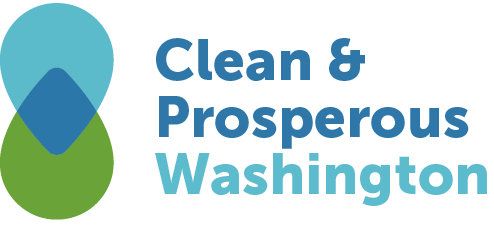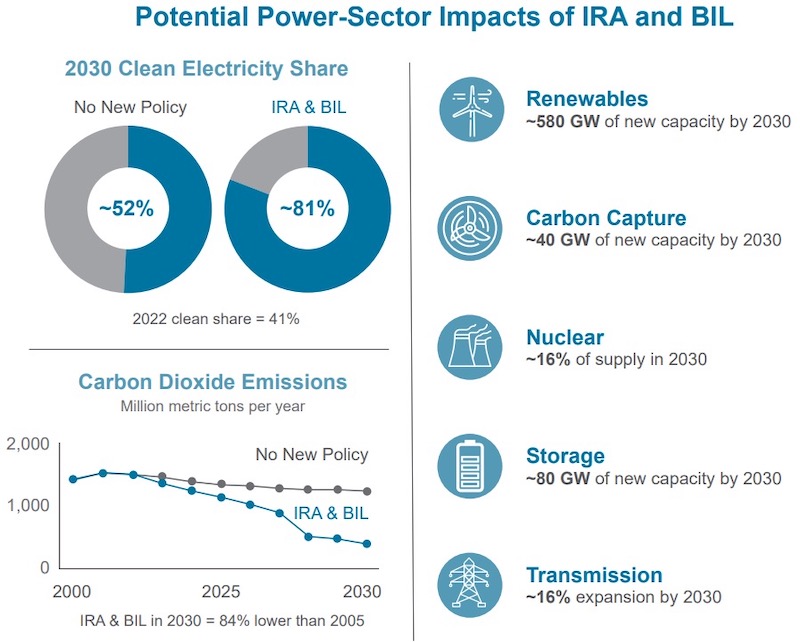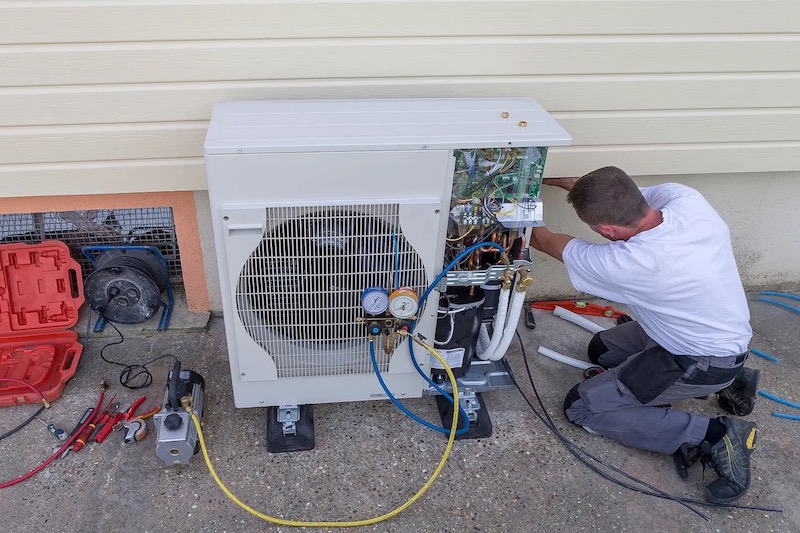Tracking bills in Olympia
As proposed legislation reaches the home stretch in Olympia, there are several bills we’re tracking that could be significant in our state’s effort to build a clean economy:
SB 5447 Promoting the alternative jet fuel industry in Washington
| “The legislature intends to use funds from the Climate Commitment Act to promote the production and use of sustainable aviation fuels, thereby growing the clean energy sector, addressing greenhouse gas emissions, and creating family wage manufacturing jobs in Washington. Sustainable aviation fuels represent the most significant near and midterm opportunity for aviation to reduce its greenhouse gas emissions. The use of sustainable aviation fuels will also improve air quality for airport workers and communities surrounding airports. While many efforts are underway to advance the use of sustainable aviation fuels, this act is intended to assist and accelerate those efforts.” |
With bipartisan support, this bill promises to put air under the wings of Washington’s sustainable aviation fuels (SAF) industry. SAF is making the news, including this: Boeing Doubles Sustainable Aviation Fuel Purchase.
Or this one: Introducing United’s New Chief Trash Officer. United Airlines – as well as Delta, Alaska, JetBlue and others – will begin using waste to fly clean.
With Washington ranking number one as having the most competitive business environment for the manufacture and assembly of aircraft according to a recent analysis, it makes sense to invest in the future of aviation — not only aircraft but also aviation power. The 2022 Aerospace Competitive Economics Study found that our state scored highest in labor and education, aerospace industry and research and innovation. (Watch out for second-ranked Ohio. After all, their license plate brags about being the “birthplace of aviation”.)
Speaking of research and innovation, the Pacific Northwest National Laboratory in Richland developed a proprietary catalyst to convert ethanol, produced from waste carbon, to a jet fuel approved for use in commercial aviation. The laboratory’s John Holladay co-authored a recent report that presents a pathway to low-cost, clean-burning, and low-soot-producing jet fuel.
SB 5447 can help pave this pathway. We have the assembly, we have the research, what we don’t have is a biofuels production facility. This bill aims to make that happen.
HB 1216 Concerning clean energy siting
| “The legislature intends to: Enable more efficient and effective siting and permitting of clean energy projects with policies and investments that protect the environment, overburdened communities, and tribal rights, interests, and resources, including cultural resources; bring benefits to the communities that host clean energy projects; and facilitate the rapid transition to clean energy that is required to avoid the worst impacts of climate change on Washington’s people and places.” |
A recent report from the U.S. Department of Energy says that “carbon emissions-free energy will represent 71% to 90% of the nation’s power generation mix, but that fully realizing these benefits requires breaking down deployment barriers and continued technology advancement”. Breaking down deployment barriers to build up a clean economy is the intention of Washington state’s HB 1216.
So much can be accomplished with funds from the IRA, BIL, and CCA (Climate Commitment Act). But only with improved siting and permitting processes that protect Tribal rights and resources and maintain standards for the protection of the environment and local communities.
HB 1789 Expanding revenue generation and economic opportunities from natural climate solutions and ecosystem services
| “AN ACT Relating to expanding revenue generation and economic opportunities from natural climate solutions and ecosystem services” |
According to the Department of Natural Resources (DNR), this legislation would give the DNR the ability to access private-sector revenue streams, including carbon credits, in support of projects to reforest more than 138,000 acres that have burned in wildfires, expand forestland throughout the state, and protect kelp forests and eelgrass meadows.
Commissioner of Public Lands Hilary Franz said, “Enabling my agency to innovate and take forward looking action to generate additional revenue for the state while expanding our working forests and taking action on climate is critical. It will send a message to our children and our communities that we’re committed to letting Washington’s working lands work for Washington, providing jobs, food, sustainable building materials, and climate action.”
HB 1589 Supporting Washington’s clean energy economy and transitioning to a clean, affordable, and reliable energy future
| “The legislature finds that the state’s gas and electrical companies face transformational change brought on by new technology, emerging opportunities for customers, and state clean energy laws. Chapter 19.405 RCW, the Washington Clean Energy Transformation Act, and chapter 70A.65 RCW, the Washington Climate Commitment Act, mean these companies must find innovative and creative solutions to equitably serve their customers, provide clean energy, reduce emissions, and keep rates fair, just, reasonable, and sufficient.” |
According to Representative Beth Doglio, “Natural gas is a fossil fuel, and Washington cannot meet its climate commitments if it continues to burn it in inefficient, expensive applications. Currently, gas in the residential sector is responsible for almost half of Seattle’s current carbon emissions. Buildings represent the fastest-growing sector of greenhouse gas emissions in Washington—and gas costs are also rising at a rate much faster than increases in electricity costs, locking people into a fuel that will become more expensive with little leniency. The 2019 Clean Energy Transformation Act and the 2021 Climate Commitment Act have put Washington on a fast track to reducing emissions and decarbonizing utilities. I sponsored House Bill 1589 to replace fossil-fueled power plants with new renewable energy projects in the state. This bill incentivizes and develops a pathway to clean energy with important labor and workforce provisions included: the bill prioritizes creation of family-wage jobs through project labor agreements. A pathway to clean energy with public and private-sector collaboration provides certainty, opportunity, and clarity in Washington’s necessary transition to a decarbonized future.”
Puget Sound Energy supports the bill, even though it would ban extensions of most of the company’s natural gas network. “We’re the first utility in the country to offer to stop growth in a significant part of our business,” Ken Johnson, PSE vice president of external affairs, told energy news site Clearing Up. “No other utility has made that commitment,” he said.
Hundreds of bills have been passed under the dome in Olympia this session. We believe these four are especially worth watching, and we’ll keep you posted as they near the finish line.




